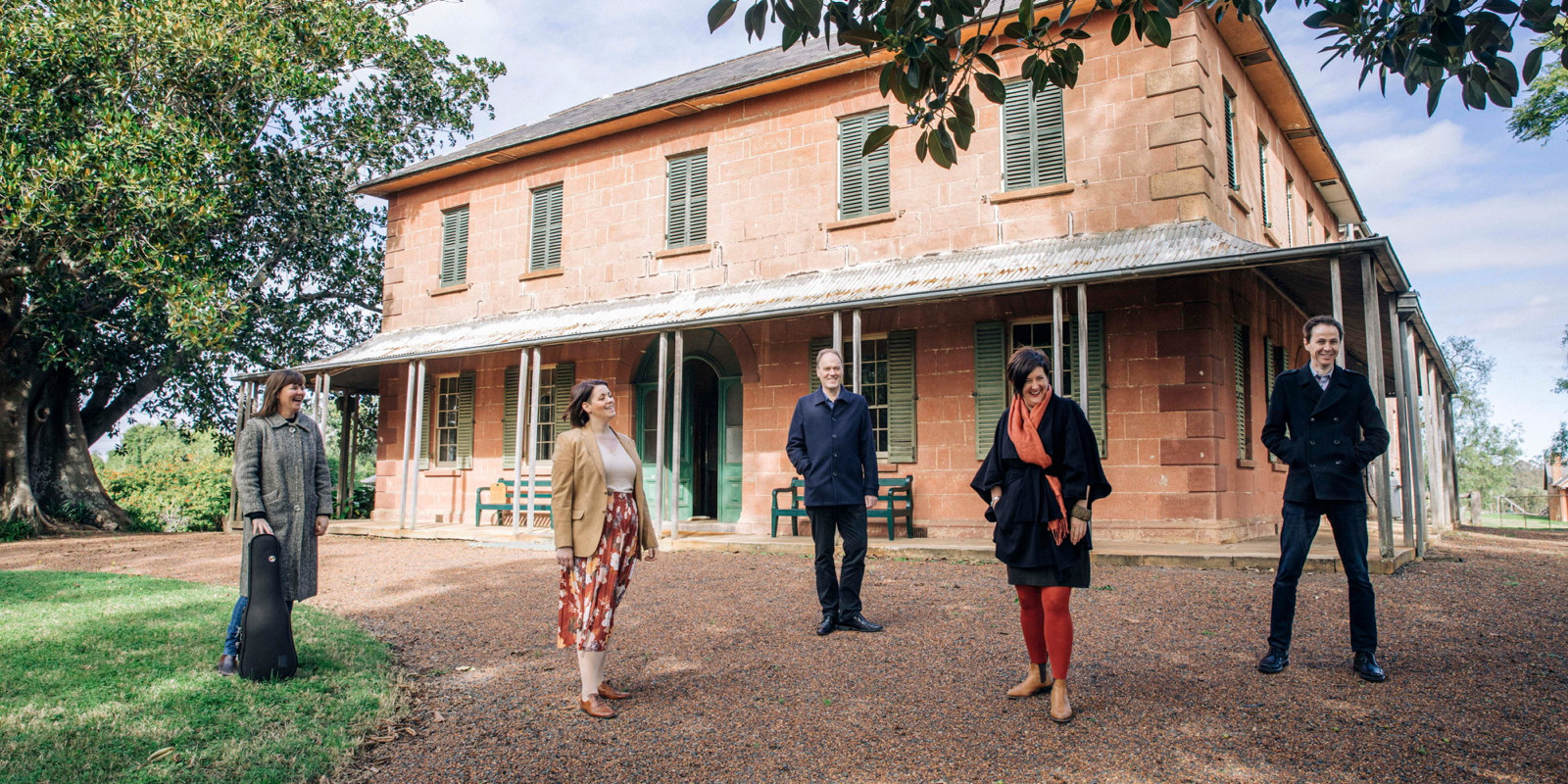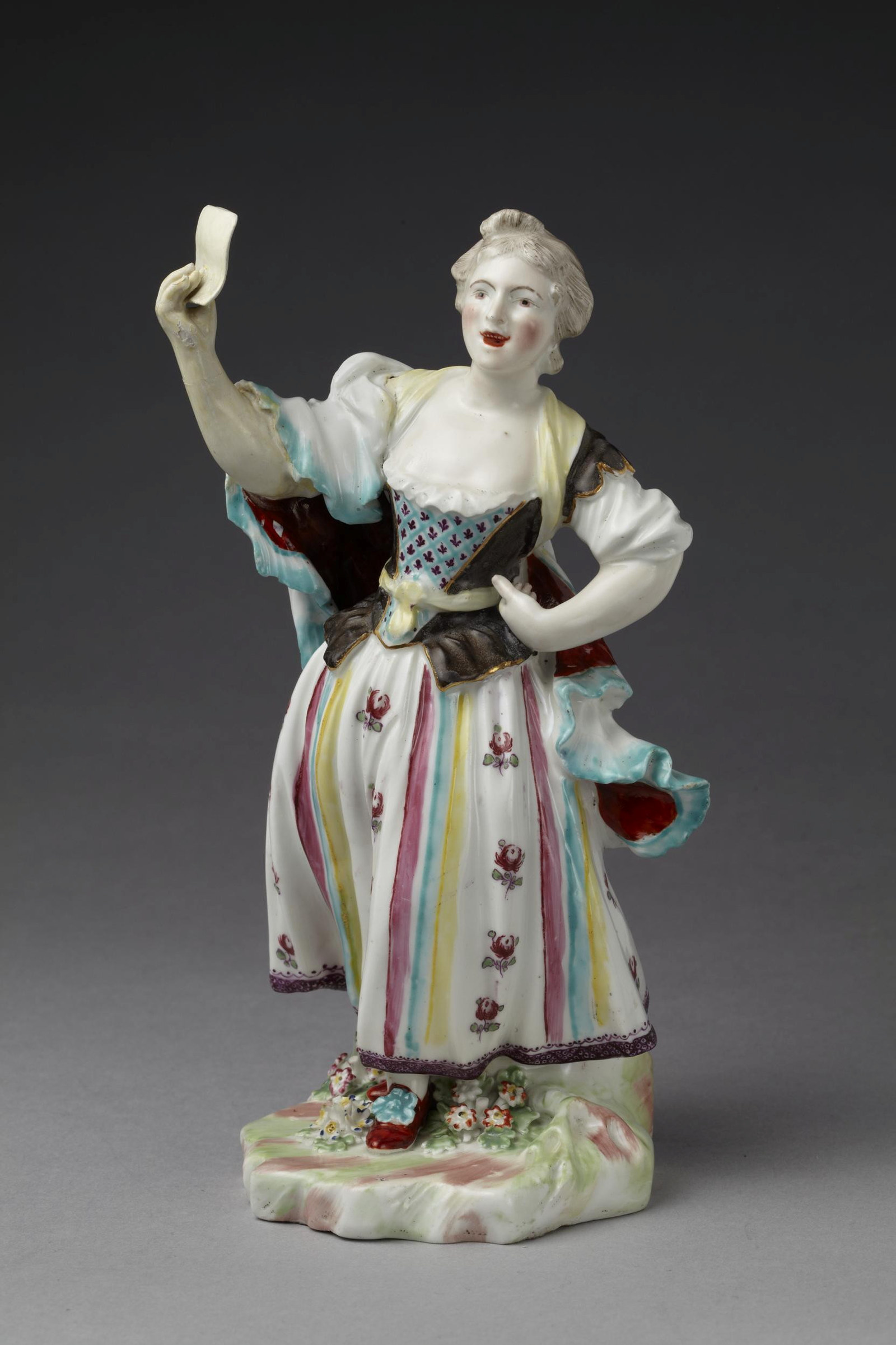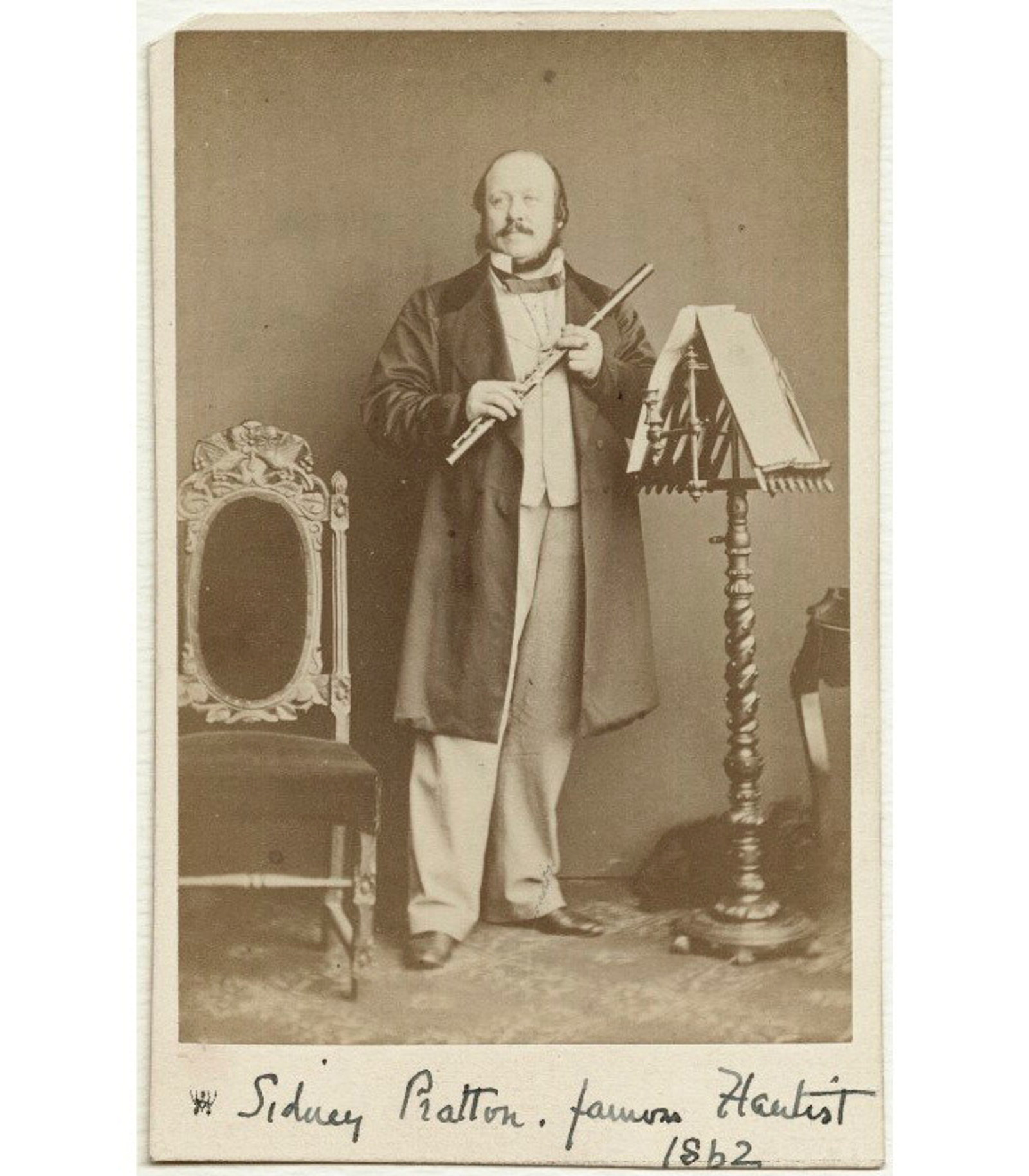‘Willie We Have Missed You’
Australian domestic culture has been impacted by American popular music for longer than many people realise. During the 1850s a wave of performers arrived here with new repertoire that dominated Australian music halls and homes for the remainder of the century.
‘Willie We Have Missed You’, by Stephen Foster (1826-1864), was published in the United States in 1854 and is first mentioned by the Australian press in 1857. Within a year the family at Rouse Hill Estate had purchased a locally printed copy of the sheet music. The song’s theme of longing for the return home of the absent ‘Willie’ named in the title is often associated with the American Civil War but predates this conflict by a number of years.
One of the best-known popular songwriters from 19th-century America, Foster’s extensive output included blackface minstrelsy repertoire (where white musicians performed in black makeup caricaturing African Americans). This music genre reflected the mix of European and African music found in America at the time as well as the racial prejudices that persist in contemporary United States and Australia. While ‘Willie We Have Missed You’ was not written as a minstrel song, it was advertised here as one of several ‘new American songs’ of which many were popularised by visiting blackface minstrel groups.
To consider the early popularity of songs by American composers like Stephen Foster enables us to better understand the impact of imported cultural forces and their long-term effect. American musician Rhiannon Giddens contributed to our Songs of Home exhibition in 2019 and speaks eloquently of the 19th-century history of popular music in the United States and its complexities. For more information watch Rhiannon’s interview in David Holt's State of Music.
Watch the performance
Listen to Dan Walker introduce and then perform ‘Willie We Have Missed You’ with a more contemporary approach. We have also added many other versions to inspire you further.
This video was recorded at home in 2020 during a COVID-19 lockdown.
1:54
2:22
Supported by: City of Sydney
More music

House Music at Your House
We delved into the hundreds of popular songs that survive in the collection at Rouse Hill Estate in north-west Sydney to bring you the top 20 hits of the 1840s and 50s – songs played across NSW, Australia and overseas
Published on
Related
![Owner bound volume of assorted songs, in the collection of Rouse Hill House & Farm, 1850-1864. [music]](https://images.slm.com.au/fotoweb/embed/2023/10/d2e0918e22304feb90e19681abbaafec.jpg)
‘Gii, Gundhi (Hearts and Homes)’
A single song can have a thousand meanings depending on its interpreter. Yuwaalaraay storyteller and musician Nardi Simpson shares her version of a 19th-century parlour song
![Owner bound volume of assorted songs, in the collection of Rouse Hill House & Farm, 1850-1864. [music]](https://images.slm.com.au/fotoweb/embed/2023/10/3810c07fd7fc4a78bcb41f48b8597385.jpg)
‘Hearts and Homes’
Little-known today, composer and music publisher John Blockley (1800-1882) was well-represented in the drawing rooms of Sydney in the 19th century

‘The Ballad Singer’
Romanticised themes of antiquated English traditions continued to feature in songs popular in Australia in the mid-nineteenth century

‘Too Late! Too Late!’
Keeping it in the family - we could say that this comic song is a ‘cousin-by-marriage’ of one of our previous songs